E85 Boondoggle of the Day: National Alternative Fuel Odyssey Day
I don’t know about you, but I wouldn’t include the name of a Honda minivan in the title of an event designed to promote E85. For one thing, the Odyssey can’t run on corn juice. For another, any student of Greek literature will tell you that the most famous of all Odysseys wasn’t the most efficient or sucessful of journeys for the majority of those involved. And God knows there’s a major intersection between potential E85 users and Greek scholars. I digress. This year’s biennial National Alternative Fuel Odyssey Day (NAFOD) is set for October third, when E85 stations around the country will bribe FlexFuel enabled consumers with prices low enough to make them forget (or remain oblivious to) the fact that corn juice is a far less energy-intensive fuel than drivers’ normal brew. And who’s behind this eco-boondoggle? Well, the org is headquartered at West Virginia University, but the website’s cagey about its benefactors. In North Dakota, domesticfuel.com reveals it’s “Cenex, Blue Flint Ethanol, General Motors Corporation, North Dakota Corn Growers Association, North Dakota Department of Commerce, North Dakota Ethanol Producers Association, National Ethanol Vehicle Coalition, US Department of Energy-Clean Cities and the American Lung Association of North Dakota.” Why do I think my taxes are in there, somewhere?
More by Robert Farago



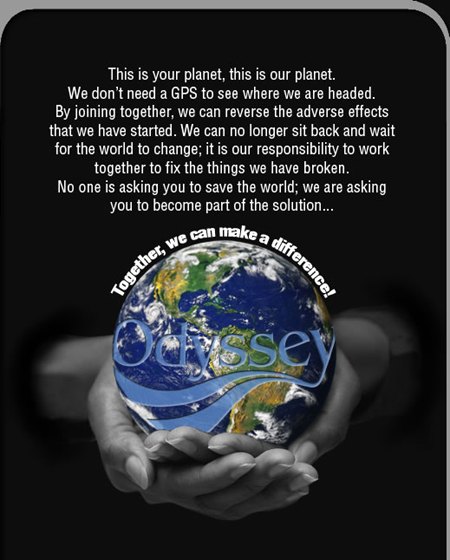















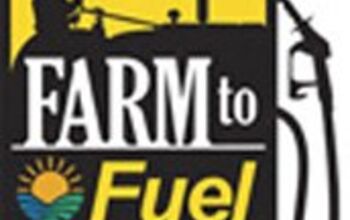
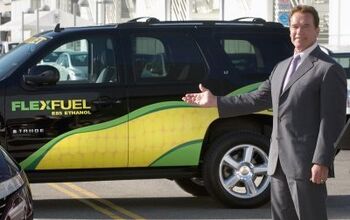

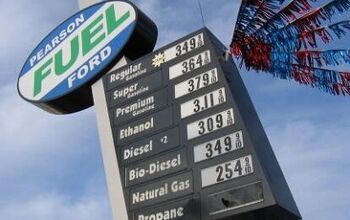
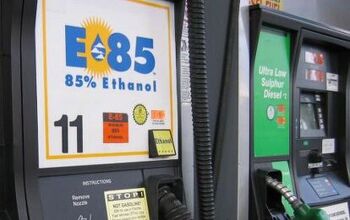










Comments
Join the conversation
psarhjinian : September 29th, 2008 at 10:15 pm Others challenge these conclusions, asserting that this analysis is based on obsolete data and miscalculated key energy values and does not account for the useful by-products, such as animal feed, of making ethanol; taking all that into account, ethanol provides up to 40% more energy than is consumed in making it. A ethanol pipeline built would increase the efficiencey and is not that complicated or costly. "Tax breaks are doing that, not ethanol. If left to the whims of a truly free market, ethanol would disappear tomorrow." Well if you believe in the free market. Why do not complain about all those roads being built that destroyed a perfectly good train system supported by millions of pooping horses? REMEMBER the entire road system is built from taxes..Let us sell it off and let the free market take over? The belief that the free market is alive and well in the US is a delusional. When it was working we had wild swings in employment such as the great depression. I cannot get behind oil rich countries that created what ended up being the greatest cowardly attack to American Civilians in the history of the US. Nor can I continue to hide from the fact we are funding their nuclear bombs. What costs do figure that will end up costing what is left of US after the bombs are bombed? How can we get out of this mess? Please include these problems when your selling OIL by arguing against any attempts to eliminate any alternative. THOSE BIG AGRI BUSINESSES did not say or support an attack.
psarhjinian : September 29th, 2008 at 10:49 pm "As for byproducts of ethanol: those would get made anyway and aren’t predicated on the use of corn as fuel, and thusly don’t factor truthfully into the equation. The recent “but you can use the byproducts!” calls have been tacked onto ethanol’s net energy calculations to jusitfy it’s otherwise awful status." The fact remains the corn is not all used up and the feed is premium feed for animals instead of corn and that destroys your conclusion that ethanol creation ends up as a net loss because it proves your algolrith is missing pertinent variables. A dollar not spent on oil is a dollar not available for the nuclear arsenal that soon will be pointed at us by oil rich countries that will soon run out of oil and cannot grow ethanol because they do not have water. So, they will get our money/products or they will shoot. The oil companies can spend a bunch of money running down anything that may be an alternative so most of the anti-ethanol cry is coming from oil companies advertising departments.